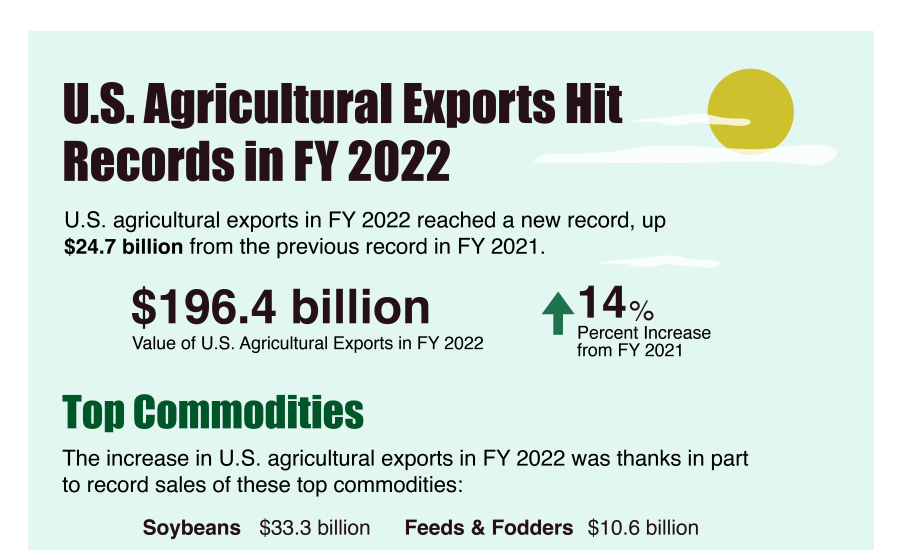Browse Data and Analysis
Filter
Search Data and Analysis
- 8224 results found
- (-) Exporting
- Clear all
Japan imports approximately 2.6 million metric tons of forage annually, primarily from the United States, Australia, China, and Canada. Japanese importers have diversified suppliers and sought new products to help meet challenges posed by surging international prices and ongoing logistical challenges.
The impact of the COVID-19 on the Israeli hotel, restaurant, and institutional (HRI) sector was nothing short of devastating. According to the Israeli Central Bureau of Statistics, accommodation and foodservice activities declined by forty percent in 2020. The sector started to recover during 2021, and it is expected to recover, with a return to pre-COVID-19 sales by 2023.
The Dominican Republic (DR) continues to ban and/or restrict U.S. poultry exports from states with any type of detection of Highly Pathogenic Avian Influenza (HPAI), regardless of the outbreak being reported as poultry or non-poultry.
This report serves as a reminder to U.S. exporters and traders that the Hong Kong government does not allow entry of U.S. poultry and egg products originating from affected counties reporting highly pathogenic avian influenza (HPAI) when the bill of lading falls on or after the effective date of a ban.
Japan continues to confront elevated levels of inflation on food and beverage products as prices experienced the fastest pace of increases since 1991. Inflation, coupled with a weakened yen, has left producers with no alternative but to pass on price increases to consumers. Among the 217 products included in the daily consumer price index, more than one-fifth of food related products experienced price increases.
As the economic hub in Vietnam's central and central highland regions, Da Nang has emerged in recent years as a retail market with strong potential. Rapid urbanization, economic development, and a booming tourism sector have created more opportunities for U.S. food and beverage products.
FY2022 agricultural exports reach record levels.
India’s hospitality sector, which was severely impacted by the COVID-19 pandemic, has now recovered to pre-pandemic conditions and sales. The hotel, restaurant and institutional sector owes its rapid recovery to domestic travel and a return to in-person dining and catered events. By the end of 2022, a continued reduction in COVID-19 cases combined with improved consumer confidence for dining out, will drive demand for imported food products.
Morocco notified G/SPS/N/MAR/87 on October 17, 2022. The notification concerns Morocco’s maximum limits of contaminants in food and food products. Comments are due no later than December 16, 2022. Note that the Government of Morocco approved the Joint Order and published it in the Official Bulletin #7136 on October 20, 2022. An unofficial translation is included in this report.
Mexico has 1.2 million hectares of certified organic land in use. Eighty-six percent of all organic products are collected and harvested from natural habitats. In 2021, there were 48,641 certified organic producers in Mexico. The honey and coffee sectors have the most certified organic producers, while the avocado and berry industries produce the most in terms of value. Mexico represents an export market opportunity for U.S organic products, especially for younger and more affluent demographic groups.
Germany has more than 83 million of the world’s wealthiest consumers and is by far the biggest market in the European Union. Although halal and kosher food are considered niche markets, the German market offers opportunities for U.S. exporters of such products. This report provides U.S. exporters with background information and suggestions for entering the German market.
Prospects for U.S. brewing ingredients remain strong amidst a robust local beer manufacturing industry. Beer is the most widely consumed alcoholic beverage in the Philippines, accounting for 72 percent of total alcohol consumption or 2.1 billion liters annually. Export prospects in the region are especially strong because of the country’s membership in various free trade agreements and its strategic location.

